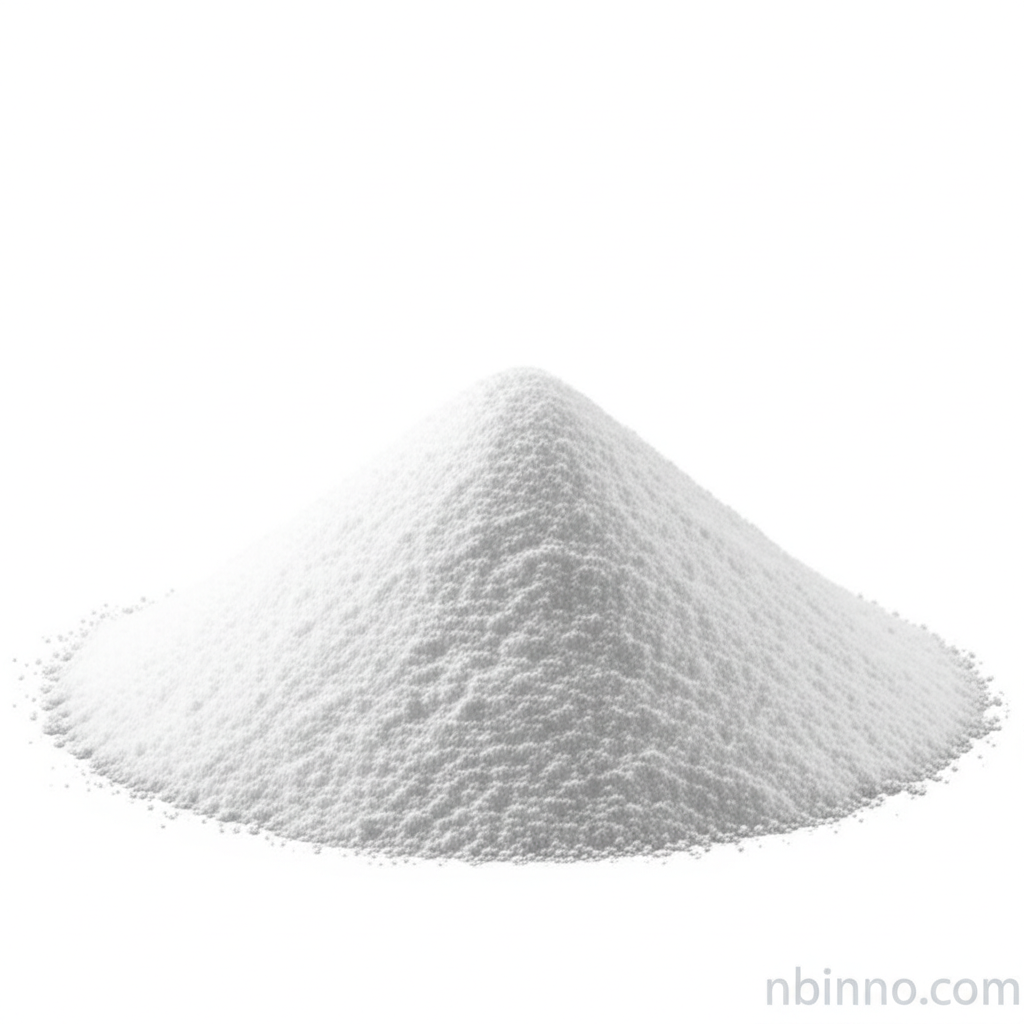Polylactic Acid (PLA) Resin: Sustainable Bioplastic for 3D Printing, Packaging & Medical Applications
Unlock the potential of sustainable materials with our advanced Polylactic Acid (PLA) resin, engineered for a wide range of eco-conscious innovations.
Get a Quote & SampleDiscover the Sustainable Edge of Polylactic Acid Resin

Polylactic Acid Resin PLA
Polylactic Acid (PLA) Resin represents a revolutionary step in sustainable materials science. Derived from renewable plant sources like corn, this versatile bioplastic offers an eco-friendly alternative to traditional petroleum-based polymers, without compromising on performance or functionality.
- Exceptional Biodegradability: Our high-quality PLA resin is designed to biodegrade under industrial composting conditions, significantly reducing long-term environmental impact. Explore `compostable plastic packaging` options.
- Versatile Application Spectrum: From `3D printing filament` to advanced medical devices, PLA resin offers unparalleled adaptability across diverse industries, supporting innovative product development.
- Eco-Conscious Choice: As a `bio-based polymer`, PLA reduces reliance on fossil fuels and lowers greenhouse gas emissions, aligning with global sustainability goals for `eco-friendly thermoplastic` solutions.
- Superior Processing Performance: Engineered for easy molding and extrusion, our `PLA plastic pellets` ensure efficient manufacturing processes while maintaining excellent product integrity and aesthetic appeal.
Unlocking Key Advantages with Our PLA Resin
Environmentally Superior
Our `biodegradable PLA resin` offers a compostable solution, breaking down naturally under industrial conditions, making it an excellent choice for a reduced carbon footprint and a healthier planet.
Unrivaled Versatility & Processing
Experience the ease of `PLA plastic` that can be processed with standard thermoplastic methods like injection molding and 3D printing, enabling diverse product designs with consistent quality and `easy molding` capabilities.
Safe & Reliable Applications
As an `FDA-approved` material, PLA resin is non-toxic and biocompatible, making it suitable for sensitive applications such as food packaging and `medical grade PLA` devices, ensuring consumer and patient safety.
Key Applications of Polylactic Acid Resin
3D Printing & Additive Manufacturing
Our `PLA filament for 3D printing wholesale` provides excellent dimensional accuracy and low thermal expansion, making it the preferred choice for a wide range of 3D printed objects, prototypes, and consumer goods.
Sustainable Packaging Solutions
From compostable food containers to shrink wraps, PLA resin is revolutionizing `sustainable packaging` by offering transparent, durable, and eco-friendly alternatives to conventional plastics, including `compostable plastic packaging` for diverse products.
Medical & Healthcare Devices
Leverage the `biocompatible` and bioresorbable properties of PLA for advanced medical applications, including surgical implants, drug delivery systems, and tissue engineering scaffolds, where `medical grade PLA resin` is critical.
Textiles & Agricultural Materials
Utilize PLA's unique properties to create `eco-friendly biodegradable textile fibers` for apparel and non-woven fabrics, as well as innovative `agricultural films` and planting pots that promote sustainable farming practices.
